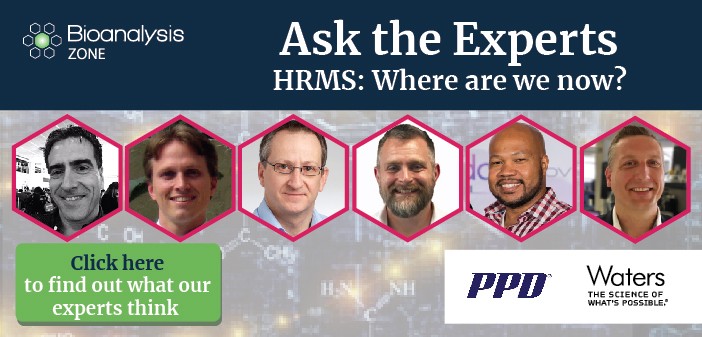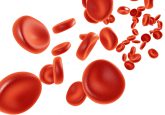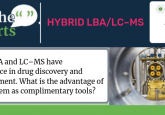5. Are there currently any knowledge gaps within the field of HRMS? What could be done to overcome these?

Bertrand Rochat: “I believe that one bottleneck is conservatism and the fear to change for a MS technology that had a weak reputation for quantitative performance. Nevertheless, the shift of the paradigm, consisting of the replacement of QQQ–MS by HRMS, is already under way in various laboratories including the pharma industry. In contrast, to the best of my knowledge, this is not really the case in clinical labs. I believe that this is a question of time. The pioneers will open the territory. The knowledge required to perform HRMS analysis is not more complicated than for QQQ–MS. There are already articles explaining how and why QQQ–MS specialists should go for HRMS.”
Diego Cortes: “Technology adoption takes time as end users become more familiar with new instrumentation and experience its potential advantages to their specific applications and workflows. There are knowledge gaps, as investigators and researchers in many labs are much more familiar with conventional QQQ technology. HRMS is often viewed as complicated with many options for how to use the technology. It is confusing to many users what approach they should take and how to develop and optimize an assay for their applications. I would encourage people to attend presentations and webinars by ‘expert’ HRMS users and instrument vendors and stay current with the literature, application articles and HRMS special themed features such as the Bioanalysis Zone Spotlight on Quantitative HRMS in 2017.
A worthwhile exercise is to demonstrate HRMS instruments in your lab, or go to a vendor applications lab and compare their performance with your established workflow, using your own samples if possible.”
Graeme Clark: “HRMS is a more complex system than triple quadrupoles, and training to end users is essential to ensure the correct data is being collected and interpreted. A minor slip in mass calibration of an HRMS system, followed by an extraction of data within a 10mDa window could result in a major mismeasurement of the analyte in question.”
Ian Edwards: “I think a bioanalytical group with years of experience in small molecule bioanalysis and triple quadrupole mass spectrometry need to approach HRMS with their eyes open. The technology can add flexibility to answer more analytical questions, but there are also operational differences to consider including instrument setup, data acquisition, and data processing that will be new for someone coming from a triple quadrupole mass spectrometry background. With the right resources, training, and education, the learning curve can be reduced, and the technology made accessible. For emerging applications like intact protein quantification, there are different options for data processing including extracting the signal directly from the raw data, or through deconvolution algorithms of which there are many. I envisage practitioners in the community will come together over time with guidelines for best practice.”
Scott Summerfield: “Instrument vendors have spent a lot of resources improving the software and hardware platforms that run HRMS systems (both TOF and traps). As an industry, we employ a lot of skilled graduates and/or scientists with Masters or PhDs. So, I cannot believe this caliber of scientist would struggle to pick up the necessary skills to run HRMS systems.
The biggest issue I see is routine availability to HRMS. We’re in this period of stagnation ‘it’s a good idea to use HRMS but we don’t want to jump first and make all the mistakes of early adoption’. I don’t think any level of regulatory guidance can get us over that hurdle, between industry and CROs we have to work out how to take the plunge together.”
Timothy Garrett: “I think some of the knowledge gaps are the capability of HRMS for quantitative analyses and the advantages of it. Access is sometimes an issue since many labs have a triple quadrupole, but may not have a HRMS. The other gap is user training. There is a need for training focused specifically on the application of HRMS for targeted and untargeted analyses. There are currently workshops on untargeted, but limited on targeted.”





